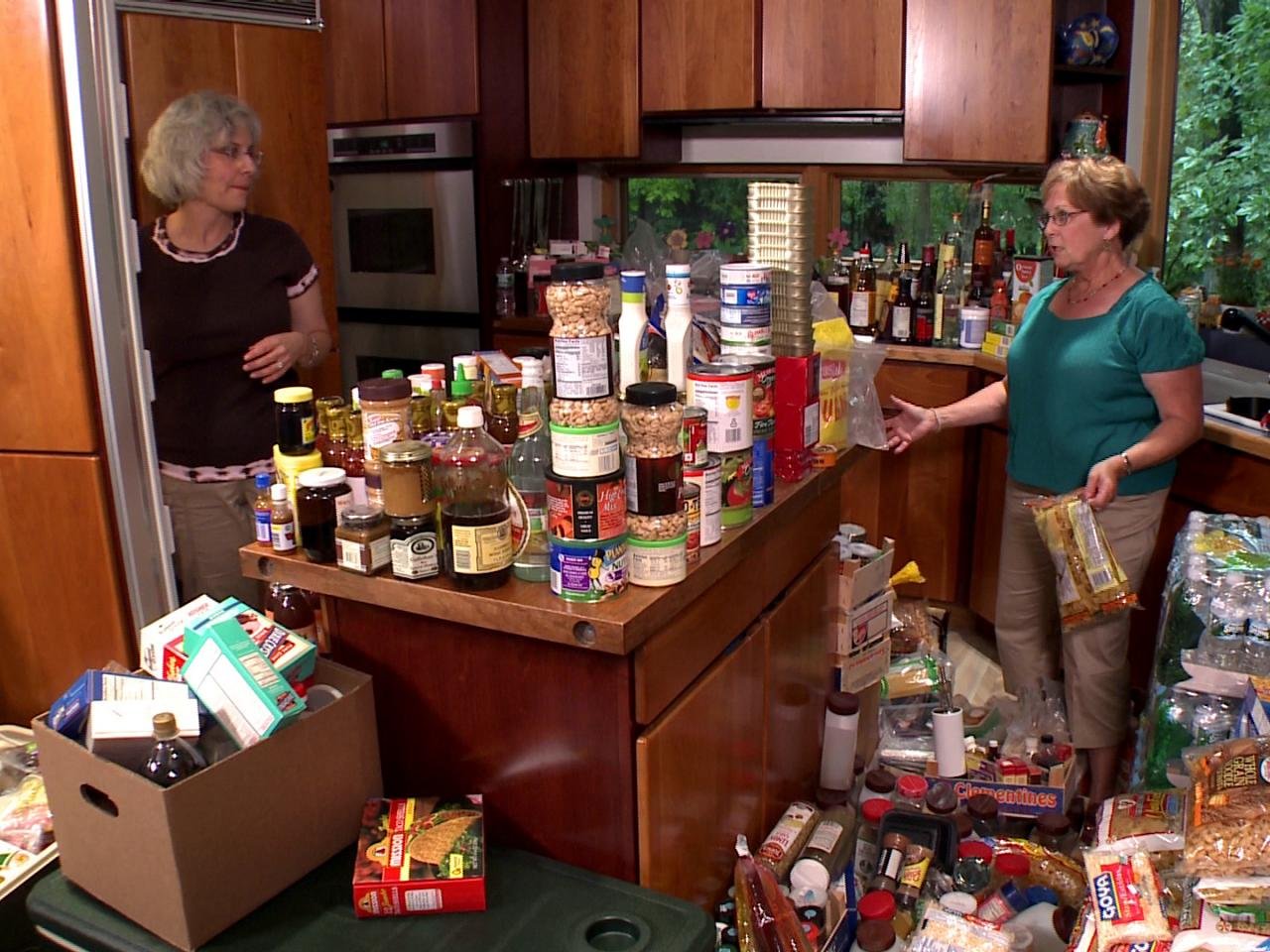Introduction to Food Hoarding
Food hoarding refers to the excessive accumulation of food items beyond what is necessary for immediate consumption or typical pantry stocking. Unlike simply stocking up on groceries, which is a common practice to ensure a household has enough supplies, food hoarding often involves an irrational and compulsive need to gather and store large quantities of food. This behavior can lead to cluttered living spaces and, in severe cases, health and safety hazards due to spoiled or expired food.
The primary distinction between food hoarding and regular stocking up lies in the intent and volume. While stocking up is a planned activity often driven by sales, seasonal availability, or preparing for emergencies, food hoarding is characterized by an overwhelming compulsion to collect food, regardless of actual need or available storage space. This behavior can be triggered by various factors, including past experiences of food scarcity, fear of future shortages, or underlying mental health conditions.
Several psychological and emotional aspects contribute to food hoarding. Individuals may hoard food as a coping mechanism for anxiety, depression, or trauma. The act of collecting and storing food can provide a sense of security and control in uncertain times. Additionally, food hoarding can be linked to obsessive-compulsive disorder (OCD) or other mental health issues, where the compulsion to hoard is a symptom of a broader condition.
Understanding the root causes of food hoarding is crucial for addressing this behavior effectively. It requires a multifaceted approach that considers the psychological, emotional, and practical aspects of the individual’s life. Support from mental health professionals, along with practical strategies for managing food supplies, can help individuals overcome the compulsion to hoard and lead healthier, more organized lives.
Food hoarding is a complex behavior often characterized by a range of observable signs and symptoms. One of the most evident signs is the accumulation of excessive amounts of food. Individuals who hoard food tend to purchase more groceries than they can reasonably consume, resulting in overstuffed pantries, refrigerators, and freezers. This behavior is typically driven by a compulsion to ensure food availability, often far beyond what is necessary for daily sustenance.
Secrecy and privacy regarding food storage is also a notable behavior among food hoarders. Individuals may hide food in unusual places, such as under beds, in closets, or even in vehicles. This secretive behavior is often a defense mechanism to avoid judgment or intervention from others. It reflects the deep-seated anxiety and distress associated with the thought of losing access to food.
Emotional responses play a significant role in food hoarding. The idea of discarding food can trigger intense anxiety, guilt, and distress. These emotional responses stem from a fear of scarcity or insecurity, which may be rooted in past experiences or underlying psychological conditions. The hoarding behavior is a coping mechanism to manage these fears, providing a sense of control and security.
Overall, recognizing the signs and symptoms of food hoarding is crucial for understanding this behavior. By identifying the excessive accumulation of food, retention of expired items, secretive storage practices, and emotional distress related to food disposal, one can better comprehend the complexities of food hoarding and the impact it has on individuals’ lives.
Causes and Risk Factors
Food hoarding can be attributed to a multitude of causes and risk factors, each contributing differently to the behavior. Psychological factors play a significant role, often rooted in past experiences with food insecurity. Individuals who have faced periods of inadequate food supply may develop a compulsion to stockpile food as a means of ensuring future security. This behavior is often intensified by emotional trauma, where food hoarding becomes a coping mechanism to deal with stress or anxiety.
Mental health disorders are also critical contributors to food hoarding. Conditions such as Obsessive-Compulsive Disorder (OCD) and anxiety disorders can manifest in compulsive hoarding behaviors. Individuals with OCD may feel an overwhelming need to collect and store food items, driven by intrusive thoughts and fears of running out. Similarly, anxiety disorders can lead to excessive hoarding as a way to alleviate feelings of uncertainty and fear about future food availability.
Social and environmental influences further complicate the landscape of food hoarding. Cultural attitudes towards waste and resourcefulness can encourage the accumulation of food. In some societies, there is a strong emphasis on not wasting food, which can lead to hoarding behaviors. Additionally, living through periods of scarcity or economic hardship can have a lasting impact on individuals’ attitudes towards food storage. Those who have experienced such conditions may continue to hoard food long after the period of scarcity has ended, driven by a deep-seated fear of future deprivation.


































